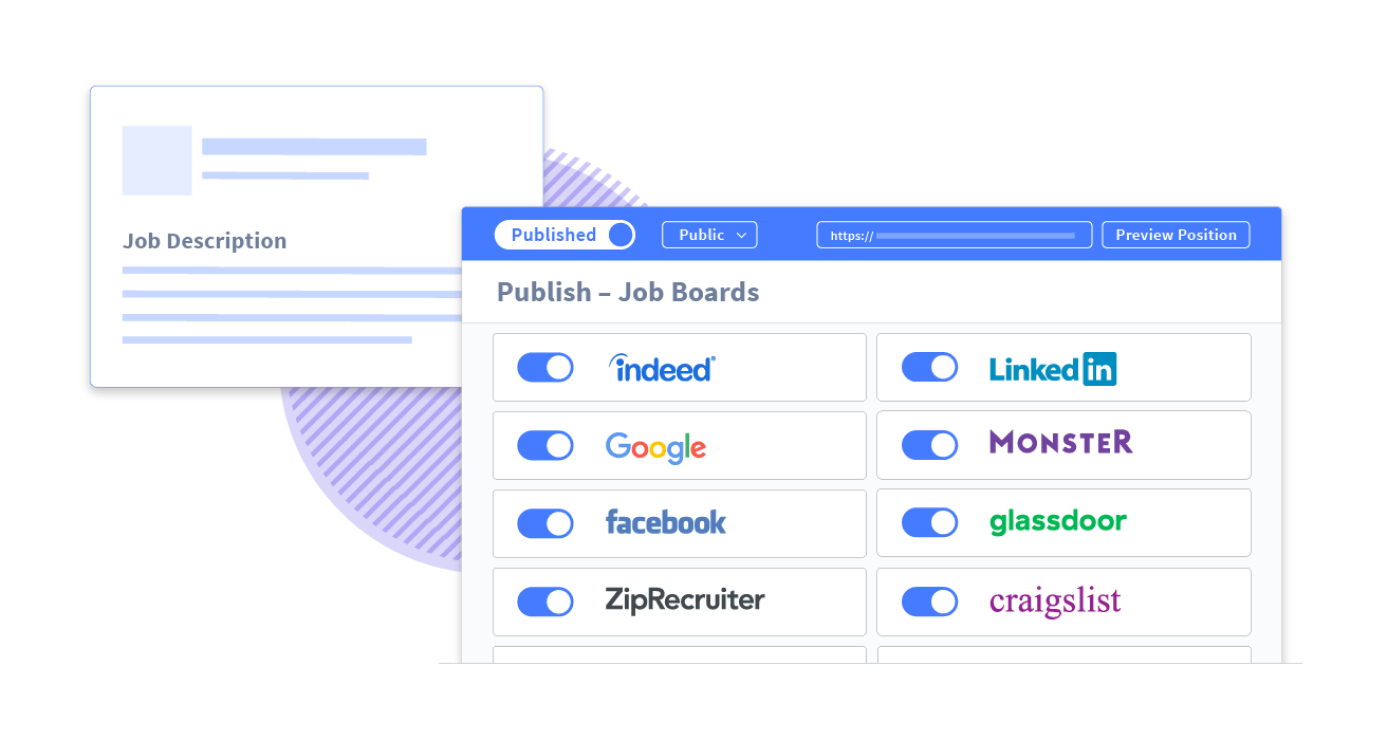Hire Patient Navigators
Each patient’s journey is unique. Two individuals may receive the same diagnosis, but each one’s reaction, treatment, and recovery will be different. As people move through different phases of their health journey, patient navigators are trained professionals who can help them figure out how to receive the best possible care in the healthcare system.
Patient navigators work in various healthcare settings, most commonly in hospitals. The work of patient navigators depends heavily on the hospital and specialty area where they are assigned. They may specialize in particular areas like cancer care, diabetic care, renal care, and others. Patient navigators work with patients of all ages, and from different backgrounds. Patient navigators work full-time or part-time and typically have a daytime schedule. However, they may work on evenings and weekends as well if the patient care requires it.
In hiring a patient navigator, hiring managers must be clear on the specialty, schedule, and expectations from the hiring healthcare facility. Once all of the details are determined, it is time to write an accurate job description. The job posting should be complete and interesting to attract the attention of qualified candidates.
Aside from online hiring platforms, announce the job vacancy on your social media sites and post them in hospital bulletins for staff to see. An employee may already know someone with experience as a patient navigator. Employee referrals are an excellent way to source candidates.
Responsibilities of a Patient Navigator
Imagine a patient at the entrance of a complex maze containing twists and turns in every direction. Patient navigators work to help patients navigate through the maze of the healthcare system and its various components. They assist and educate patients each step of the way so they can make informed decisions that will impact their healthcare journey.
Patient navigators work closely with patients and their families, providing them with accurate information, listening to their concerns or complaints, and giving emotional support. They explain the diagnosis, medications, treatment options, rights, insurance coverage, and payment options. Patient navigators organize appointment schedules with providers to ensure timely delivery of care. For patients who need financial support, patient navigators connect them to the right resources and facilitate the required paperwork.
Additionally, patient navigators arrange other patient needs like language interpretation services, transportation, childcare, or elderly care. Lastly, patient navigators manage follow-up visits and continuity of care by referring patients to available community resources.
Skills and Qualifications of a Patient Navigator
Educational requirements for a patient navigator role may vary. Hiring managers have the discretion to hire registered nurses for the role or candidates with a bachelor’s degree in a related healthcare field. Candidates must have a board certification as a patient advocate.
Aside from current and in-depth knowledge of the healthcare system and resources, other qualities to look for in candidates are: compassion, empathy, attention to detail, organization, and active listening skills. Patient navigators must be excellent communicators and able to explain complex policies and medical terms in a simple way.
Patient navigators are valuable members of the health team. An advocate for patients, they are a one-stop resource of information and emotional support.








